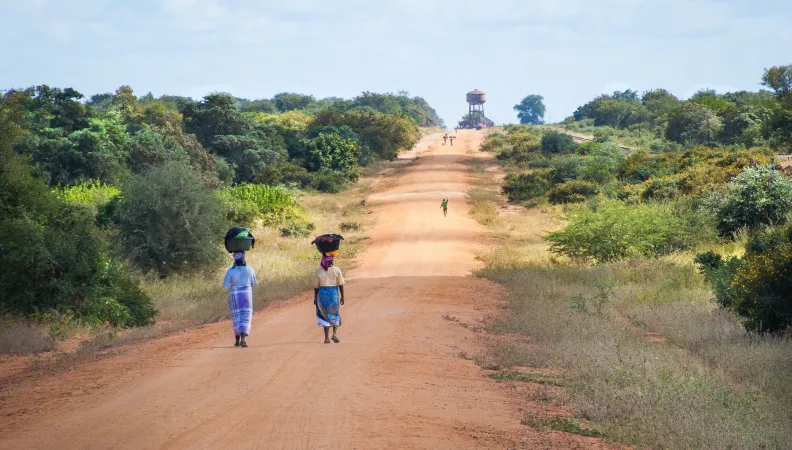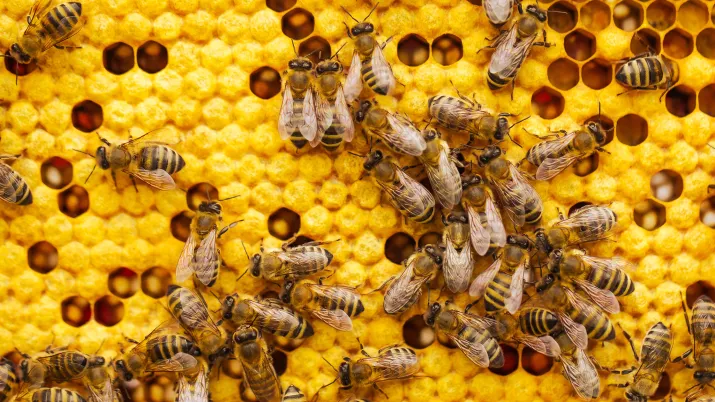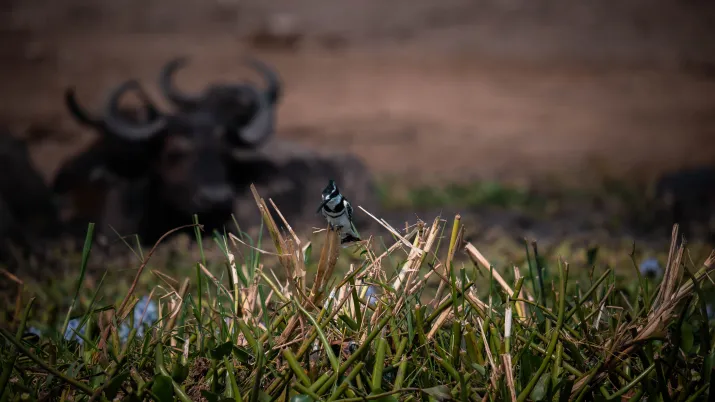Share the page
FARSYMABI Project: Identifying types of agricultural systems that contribute to food security, poverty reduction and biodiversity in Mozambique

-
Project start date
-
2022Status
Completed
-
Project end date
-
2024
-
AFD financing amount
-
221 734
-
Country and region
-
Partners
-
Research program
As part of the ECOPRONAT research programme, AFD is supporting the FARSYMABI project (A Farming System Approach to Mainstreaming Biodiversity in the agricultural sector) in Mozambique. Through the identification of different farming system approaches and their effects on poverty alleviation, food production and biodiversity conservation, this research project aims at facilitating the design of national agricultural policies that mainstream biodiversity, taking into account the local context and successful interventions.
Context
The relationship between the biodiversity crisis and agriculture is complex. On the one hand, the expansion of agricultural systems and conventional agricultural practices threaten biodiversity; on the other hand, agricultural production is dependent on biodiversity and the ecosystem services it provides.
In Mozambique, tensions between poverty reduction targets and biodiversity protection are high. The expansion of small farms leads to the fragmentation of natural ecosystems and it represents one of the main sources of biodiversity destruction for the country. One of Mozambique’s responses to this fragmentation is to save the clearing of new land through a more intensive use of inputs, clearly separating land for nature protection from land for productive agriculture.
The reconciliation of agricultural development and conservation through the use of agricultural techniques respectful of biodiversity is now essential to ensure the sustainability of agricultural systems and secure the food supply of the population.
This project is part of the ECOPRONAT research programme, which supports research on how to better take into account biodiversity and mainstream it into key economic sectors.
Objectives
This research project aims to understand the possible trade-offs and complementarities between poverty reduction, food security and biodiversity in the context of developing countries, where farmland expansion is a major threat to biodiversity. This research will help understand how local landscape/community units function, how they impact biodiversity and its ecosystem services and how they benefit from them.
This knowledge will make it possible to identify the levers to mainstream biodiversity into the agricultural sector. This project also aims to demonstrate the need to create a link between the national policy framework regarding the mainstreaming of biodiversity into agriculture, and the socio-ecological context of successful local interventions.
The project involves a multidisciplinary team of ten Portuguese and Mozambican researchers: two from Observatório do Meio Rural (OMR), two from Eduardo Mondlane University, one from Lúrio University and five from the Instituto Superior de Agronomia in Lisbon (including a doctoral student). In addition, eighteen people (researchers and students) are involved in data collection activities.
Method
The methodological approach is divided into three steps:
- Priorities, analysis and mapping at the country level: carried out at national level, with the aim of producing a broad, national picture of the effects of farming systems on poverty reduction, food security and biodiversity conservation; as well as an understanding of the conflicts and complementarities between these objectives.
- Priorities, analysis and research into local context-sensitive interventions: carried out at the local level, through five case studies, covering the main socio-ecological gradients of Mozambique that should be considered when developing a national strategy to mainstream biodiversity into agricultural policies.
- Link between local initiatives and the national framework for the mainstreaming of biodiversity in agriculture: aims to integrate the results of the first and second steps, to help the mainstreaming of biodiversity in agricultural policy, addressing the conflicting relationships and complementarities between the objectives of poverty, food security and biodiversity.
This research project mobilizes different scientific disciplines in a transdisciplinary way, such as socioeconomics of agriculture, ecology, agronomy or sustainability sciences. This work will result in the production of a mapping of regions characterized by similar biophysical and socio-economic conditions, composition of agricultural systems, landscape mosaic, and levels of poverty, food insecurity, and biodiversity.
Stakeholders (decision-makers and contributors to public policies at the central level, farmers' organizations, environmental protection organizations, local actors) are also mobilized throughout the research work and their knowledge, perceptions and preferences incorporated into the analyses produced. This involvement of stakeholders aims to co-construct policies for mainstreaming biodiversity in agriculture.
Expected results
The main expected results of this project are:
- Production of a policy paper presenting the regional reference framework (socio-ecologically homogenous regions) and guidelines for mainstreaming biodiversity in each region;
- Assessment of the transferability of local success interventions within and across regions;
- Identification of the necessary political conditions at the national level for the implementation of local interventions;
- Comparative evaluation of different policy tools;
- Development of a simulation tool based on a farming system approach, that will allow policy makers to assess ex ante the impacts of alternative policies on the objectives of poverty reduction, and food security and biodiversity and ecosystem services improvement.
Lessons learned
The production of cartographic data at the local level contributes to the development of agricultural and land use policies at the national level. Moreover, the cross-referencing of these local data with participatory approaches (organization of workshops with producers and sharing of public policy options) contributes to the development of more transversal policies.
The project contributed to the training of local young students and technicians in applying surveys using tablets and using the Open Data Kit program. The project contributed to the exchange of knowledge between the researchers members of the project and the fieldwork guides regarding the identification of birds and vegetation species.
Find out more about the project's results: farsymabi.webnode.pt
Contact
-
Julien CALAS
Research Officer on Biodiversity



